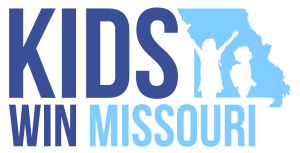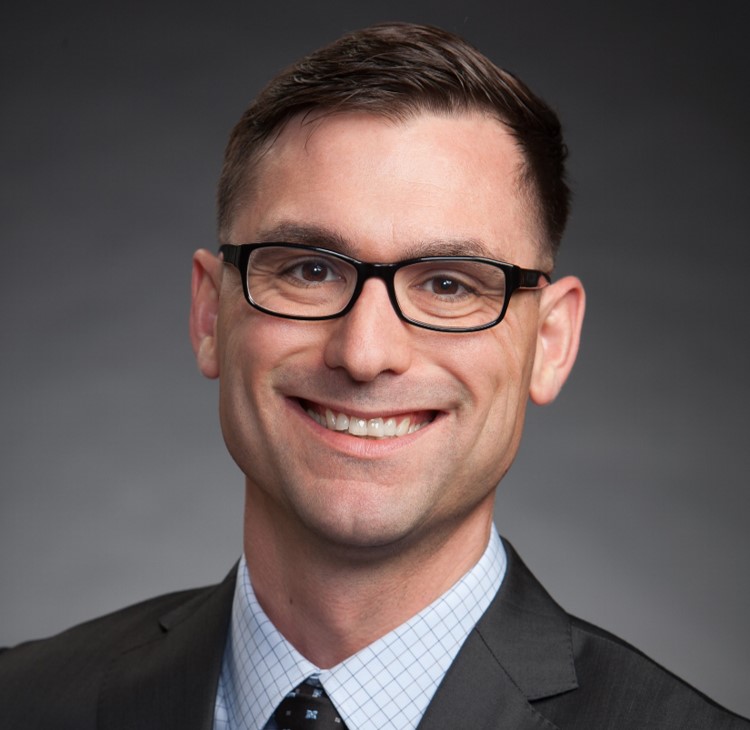With continued low unemployment rates and generally positive economic forecasts, it is easy to forget that there are still many families in Missouri who struggle to make ends meet. Nearly half (48.98%) of all children eating at school in Missouri are eligible for a free or reduced-price meal (DESE National School Lunch October 2018, School Year 2018-2019, claims statistics) and approximately 1 in 5 kids (17.4%) suffers from food insecurity (Missouri Kids Count Data Book 2018). No Kid Hungry Missouri is working with state agencies and organizations to breakdown barriers and implement common sense solutions to end child hunger throughout the state.
No Kid Hungry Missouri is a collaborative effort between the Missouri Department of Social Services (DSS), the Family & Community Trust (FACT), and the University of Missouri Center for Health Policy (CHP). Working with Share Our Strength, the nonprofit organization responsible for operating the No Kid Hungry campaign nationally, FACT launched the campaign in Missouri in 2016 with a focus on increasing the availability of and participation in three key USDA child nutrition programs:
- School Breakfast – by promoting the implementation of innovative service models like Breakfast in the Classroom and Grab & Go Breakfast
- Afterschool Meals Programs – by promoting the implementation and expansion of At-Risk Afterschool meals programs at schools in eligible communities
- Summer Meals programs – by focusing on increasing the availability of Summer Food Service Programs throughout the state.
No Kid Hungry Missouri helps schools and community organizations make investments in their nutrition programs by providing grants and technical assistance to ensure those partners have the resources and expertise necessary to maximize participation and benefits for the children and working families in their communities.
Summer 2019
Summer can be the hungriest time for many children grappling with food insecurities and a difficult time for families who may not have enough financial resources to provide the meals that are available at schools during the school year. When schools close their doors for the summer, many communities have very limited opportunities, or sometimes have no options available for kids to receive a free, nutritious meal.
One way that No Kid Hungry seeks to make a difference and prevent the “summer slide” is to partner with organizations to develop unique and innovative ways to ensure kids have access to nutritious meals. This summer, No Kid Hungry has two such partner pilot projects that have the potential to become models for communities all over state.
St. Luke’s Memorial Church uses Kansas City Public School kitchens to prepare and package breakfasts for around 1,800 kids daily at 25 sites ranging from Grandview in South Kansas City to Gladstone in North Kanas City. The opportunity to use the school’s kitchen to prepare breakfasts has vastly improved St. Luke’s production capacity. This is exactly the type of innovative partnership No Kid Hungry Missouri advocates for across the state. It’s awesome to see two great organizations coming together to benefit the greater Kansas City community.
One of the challenges organizations face when trying to increase participation is the stigma associated with participation in the traditional summer meals programs. Neither kids nor parents want to feel like they are receiving a handout. “That Pop Up Restaurant” (TPUR) is the brainchild of The Social Innovation Lab out of Topeka, Kansas. This revolutionary concept serves a fresh and nutritious meal that meets the USDA meal requirements. Kids aged 0 – 18 eat for free, adults can pay with a donation of $5 for a great meal in the style of a popular, fast-casual, Tex-Mex-style restaurant.
Working with The Food Bank of Central and Northeast Missouri and CoMO Food Pantry, the TPUR model is being piloted at 4 sites across Columbia as a mobile food truck (trailer, actually). This pilot project began serving meals at four Columbia sites on July 1st.
“When we see kids playing in the park, smiling, playing games with the staff and volunteers…waiting for the pop-up restaurant to show up, in my mind we are truly providing a space for youth to flourish and for kids to be kids. We have been so fortunate to partner with The Social Innovation Lab, No Kid Hungry Missouri, Como Food Party, and community volunteers to celebrate what childhood and community food security can look like.” Said Eric Maly, Director of Programs for The Food Bank of Central and Northeast Missouri”
No Kid Hungry is excited to partner with The Food Bank and The Social Innovation Lab on this pilot project. This is a completely unique way to think about summer meals and we are looking forward to helping other communities implement this and other strategies to ensure kids have access to fun and nutritious meals all summer long.
About the Campaign and Partner Organizations

No Kid Hungry Missouri
The No Kid Hungry Missouri campaign is a partnership between the Department of Social Services, the Family and Community Trust , and the University of Missouri Center for Health Policy. Providing grants, technical assistance, and promoting best practices, No Kid Hungry Missouri is breaking down barriers and implementing common sense solutions to ensure all kids have access to nutritious meals. No Kid Hungry is a national nonprofit campaign organized by Share Our Strength.
The Family & Community Trust
The Missouri Family and Community Trust (FACT) supports the work of 20 well-respected Community Partnerships across the state. FACT’s mission is to promote and support effective public/private partnerships and community involvement to develop innovative solutions for improving the lives of Missouri’s children and families.
University of Missouri Center for Health Policy
University of Missouri Center for Health Policy (CHP) is an objective, nonpartisan center of excellence committed to addressing questions of access to quality, affordable health care and affecting the social determinants of health to improve the quality of life of Missourians and population health in Missouri.

